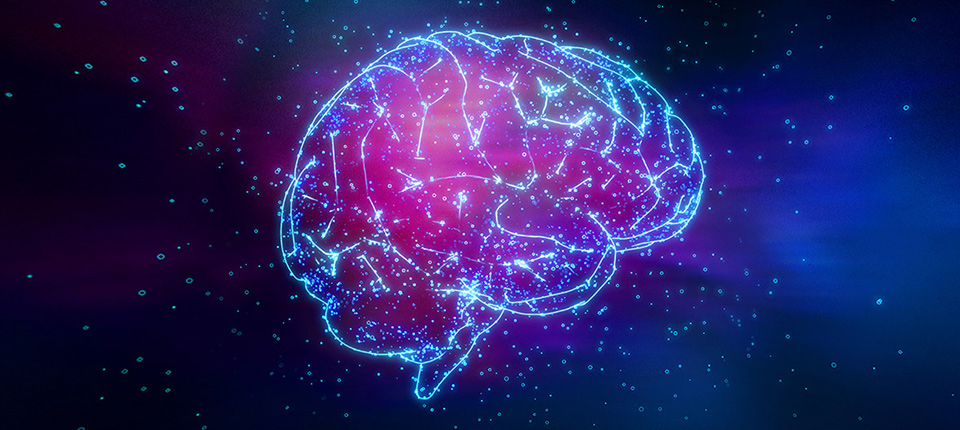
The Future of Concussion Assessment
Can a blood test help doctors assess a concussion? A new test under development from Abbott could do just that.
Sep. 06, 2019
- Copy Link
- Share on X
- Share on Facebook
- Share on Linkedin
When people talk about concussions — a type of traumatic brain injury (TBI) that can leave serious and lasting damage — they tend to think about them as a modern-day problem.
Yet, experts across multiple disciplines have studied brain injuries for centuries. And though we know more than ever, many brain injuries still go undiagnosed. But that could change.
Concussions: Then and Now
The first recognition of a concussion, according to the journal Neurology, was thought to be made by the Persian physician Rhazes in the 10th century. The word comes from the Latin concutere, which means "to shake violently." By the 18th century, a variety of hypotheses on how brain injuries happened had emerged, but doctors couldn't quite figure it out.
In the 20th century, the mystery behind how to detect concussions became more of a mainstream concern. Each case of reported brain injury gave researchers more information to help diagnose a seemingly undiagnosable issue.
In 1974, doctors began using the Glasgow Coma Scale to rate a person's symptoms by looking at their eyes, body and responses to gauge the severity of the TBI. However, the Glasgow Coma Scale was not developed specifically just to evaluate concussions but was used to treat a variety of conditions. Which is why clinicians began to supplement this assessment using imaging tools — CT scans in the 1970s and MRIs in the 1980s, respectively — to help see inside the brain.
CT scans have been commonly used to look for bleeding or swelling in the brain. According to a 2013 study, however, up to almost 30% of patients with a normal CT scan show signs of TBI when reviewing more detailed imaging from an MRI scan.
Those methods are still used today, but delivering accurate results is more challenging than it might seem. The current tools and protocols leave a gap in which many brain injuries still go unrecognized and undiagnosed.
Real-Time Results When Every Minute Matters
That's where Abbott's new blood test in development comes in. The blood test is being developed for Abbott's next generation handheld blood analyzer: i-STAT™ Alinity™ system.
The concussion assessment test in development would detect two biomarkers associated with brain injury: *GFAP and *UCH-L1. Those biomarkers may be released into the bloodstream when the brain has been injured; their presence could indicate an injury.
New research, published in Lancet Neurology, found that 64% of people with the highest levels of a protein in the blood were confirmed to have brain injury through an MRI scan, even when a CT scan did not detect it.
Findings from the Transforming Research and Clinical Knowledge in Traumatic Brain Injury (TRACK-TBI) study — one of the largest TBI research efforts of its kind — show this new technology could help fill a gap in emergency rooms today by identifying patients who could have otherwise gone undiagnosed. Accurate and timely assessment is the first step toward recovery.
Abbott’s new test, currently in development, could be a game-changer in helping clinicians evaluate patients suffering from a TBI. This innovative technology is a small glimpse into the future of healthcare.
Sources: Yuh EL et al. Ann Neurol. 2013;73(2): 224-235.
*GFAP: glial fibrillary acidic protein
*UCH-L1: ubiquitin carboxy-terminal hydrolase L1
For the latest on Abbott’s life-changing technology, get updates directly in your inbox.